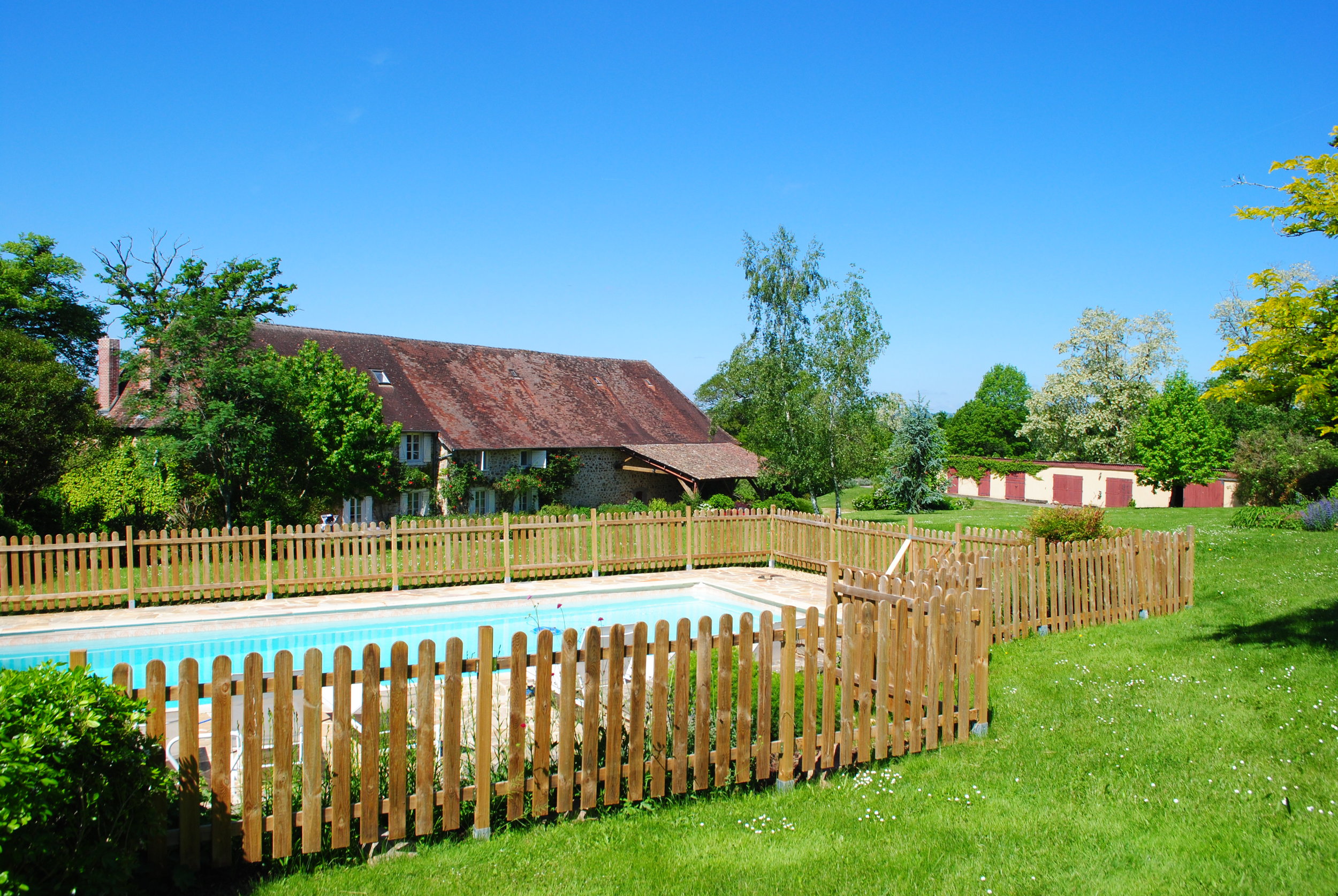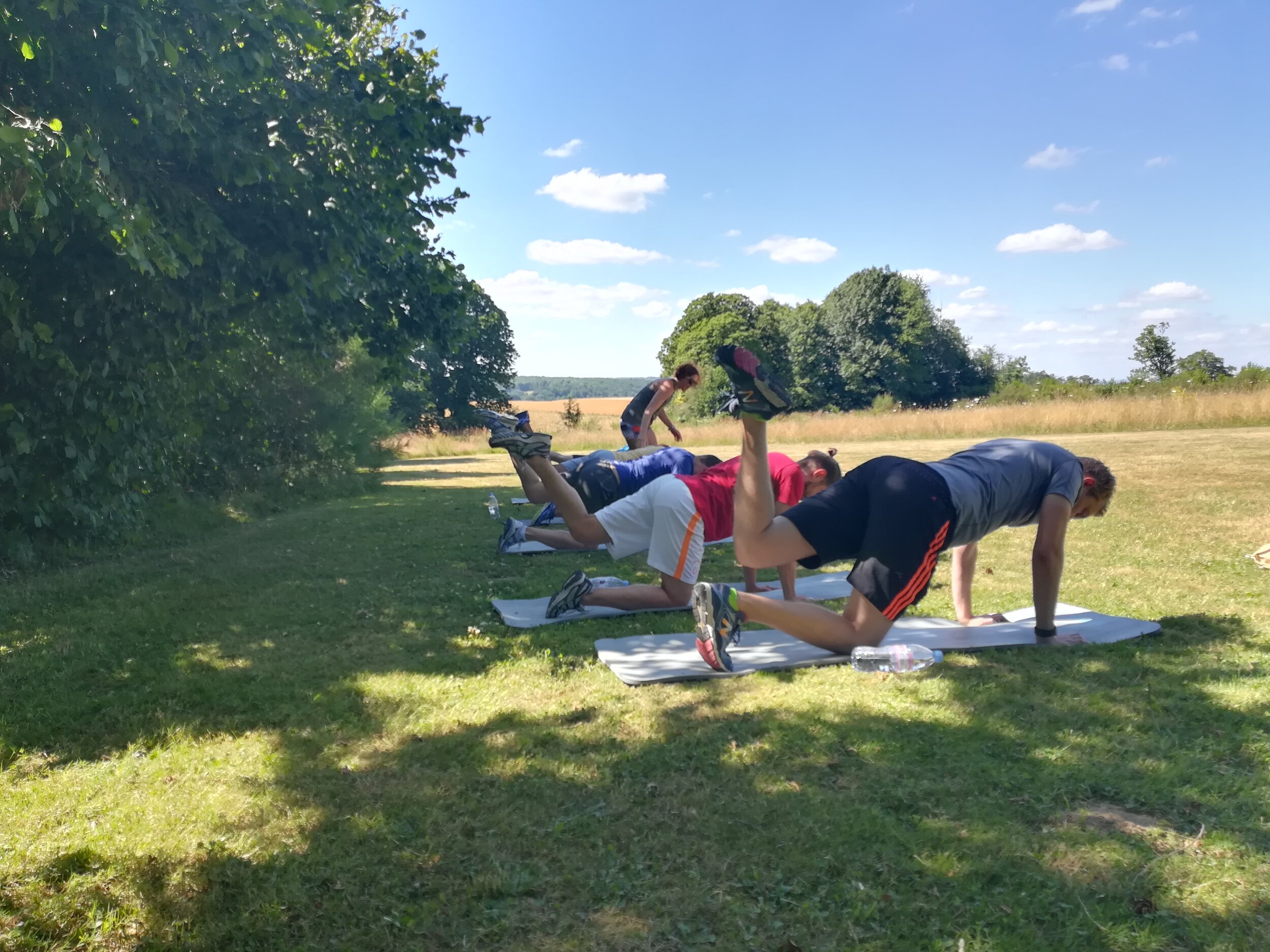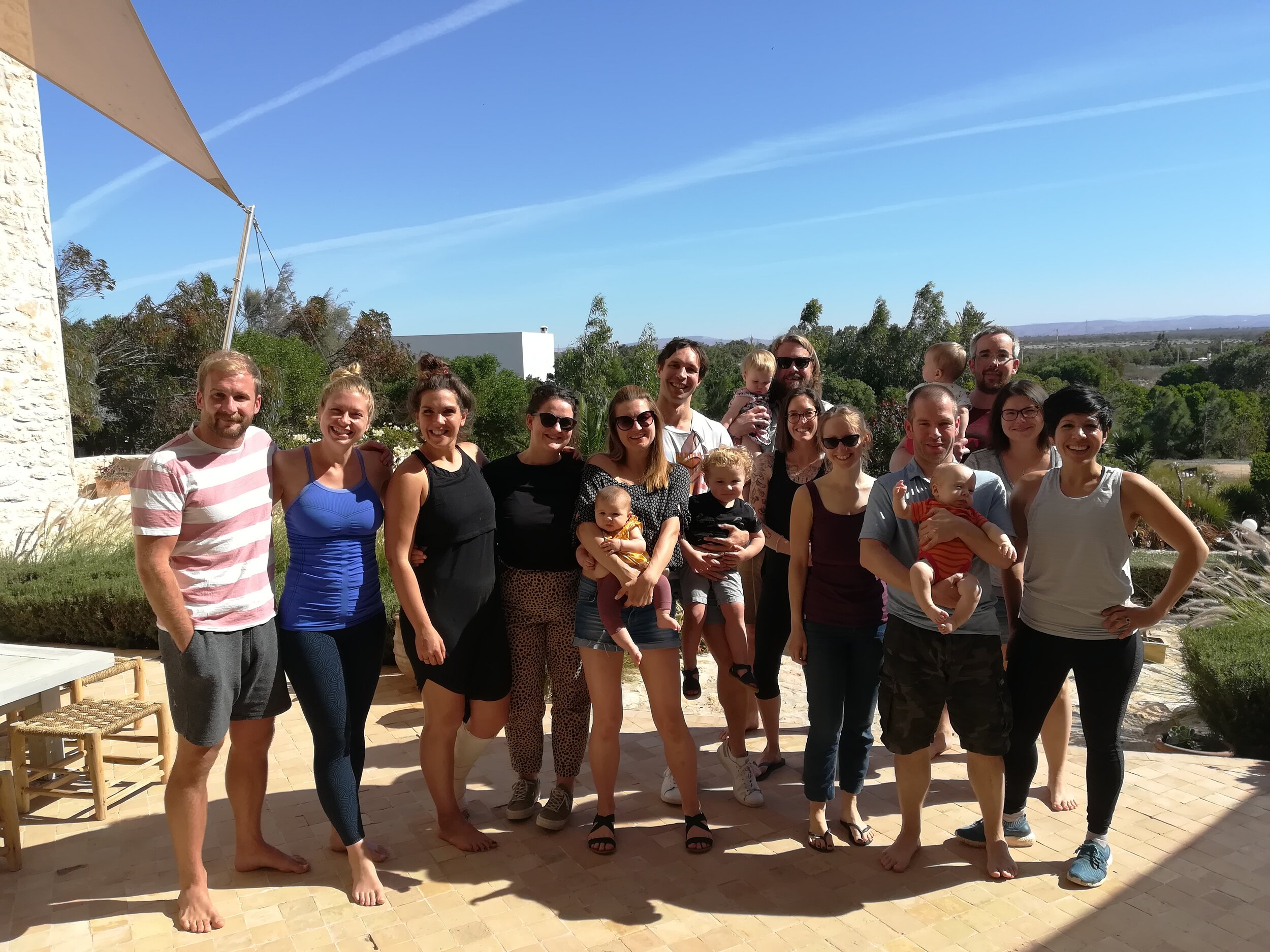Does mindfulness change your brain?
Don’t worry - we mean in a GOOD way. And the answer, is yes!
Feeling good is as important to us at &Breathe as getting fit and eating well - in fact it’s all part of the same wellbeing package. Looking after yourself is about both mind and body. So here &B Founder, Clio Wood, explains how mindfulness really can make you less stressed. What’s not to like?
Get in touch with us with any questions! hello@andbreathewellbeing.com
&Breathe Founder, Clio (credit Ocean Taylor)
What is neuroplasticity?
If you’re a parent, then you’re probably not surprised to hear that life events and how you live can affect your brain (hello, brain fog post-baby). We’ve all heard that meditation can have a really positive impact on how you feel, but did you know that its effects are actually long-lasting and physical?
Meditation, and mindfulness in particular, can change your brain chemistry. Here’s how.
It’s all down to neuroplasticity. That means that with enough use, the neurons (the fizzy firing signals that make it work) in your brain will re-learn their habits and become more proficient and whatever new habit you’re throwing at it.
And that means…what?
Well, it means that when you indulge in meditation, and particularly when you develop a sustained practice, your little grey cells are learning a new way to be. So slowing down and being present - noticing what is around you at any one moment - as in the meditation practice of mindfulness, teaches your brain to do this more readily too. Amazing, huh?
credit Clio Wood
does it really change your brain?
Astonishingly, if you’re a sceptic, or perhaps new to meditation, YES!
Adrienne Taren led a team of researchers for a joint project at the University of Pittsburgh and Carnegie-Mellon University into the effects of meditation on the brain. Using a series of MRI scans, they established that after an 8-week course of mindfulness, the amygdala (the part of the brain responsible for stress responses such as fear and emotion) shrinks.
Even better, the pre-frontal cortex (the part of the brain for more reasoned thinking, awareness, concentration and so on) gets thicker! This means that the amygdala is essentially weaker and the pre-frontal cortex stronger.
And EVEN better than that - the functional connectivity between these two areas and the rest of the brain changes. That means that the amygdala is less likely to be activated and the pre-frontal cortex is more likely to be activated.
That means that you’re more likely to default to more measured responses and emotions, rather than stress, anger and fear. Bear in mind that these are all associated with depression and anxiety too, so alongside therapy and your support network, mediation or mindfulness can be a fantastic way to improve your emotional responses.
Discover mindfulness on our retreats…
Click HERE for more >>>
How to get started?
If you already have a practice - good for you!
You’re already doing fantastic work for your mind and body.
Remember that consistency is key - practising every day (no matter if it’s a few minutes or an hour) makes a real difference.
But equally, don’t beat yourself up if you miss a session or two - nobody’s perfect and life sometimes gets in the way!
If you are just starting out, here are a few things to get you going:
Don’t come to it with any expectations, even a few breaths of quiet is better than nothing.
Mindfulness is not about perfect zen. It’s about noticing your experience and accepting what you find.
Try out doing it at the same time everyday so you come to know what to expect.
Using an app like Calm or Headspace can be really useful to introduce you to some of the methods and what to expect.
A quiet space can be really useful to start with - a good excuse to get away from whoever else is in your house too…your partner, or babies/toddler/teens, the unexpected lodger…
“After an 8-week course of mindfulness, the amygdala shrinks”
The best news is that the more meditation or mindfulness you do, the better the effects on your brain. But if you can only spare a few minutes each day (at the beginning this may be all you can bear!), don’t worry - the effects are just as worthwhile.
Interested in more? We host mindfulness sessions on all our retreats and also have some fabulous online resources for our &Breathers. They’re included in the retreat, but they are optional, so it’s a great opportunity to dip your toe, build a routine, or continue with your existing practice alongside proper fitness and delicious healthy food.
At &Breathe we’re passionate about wellbeing for postnatal, families, and peri-menopause. We do this through award-winning expert retreats, healthy meal box, and fitness programme. Click below to learn more:








